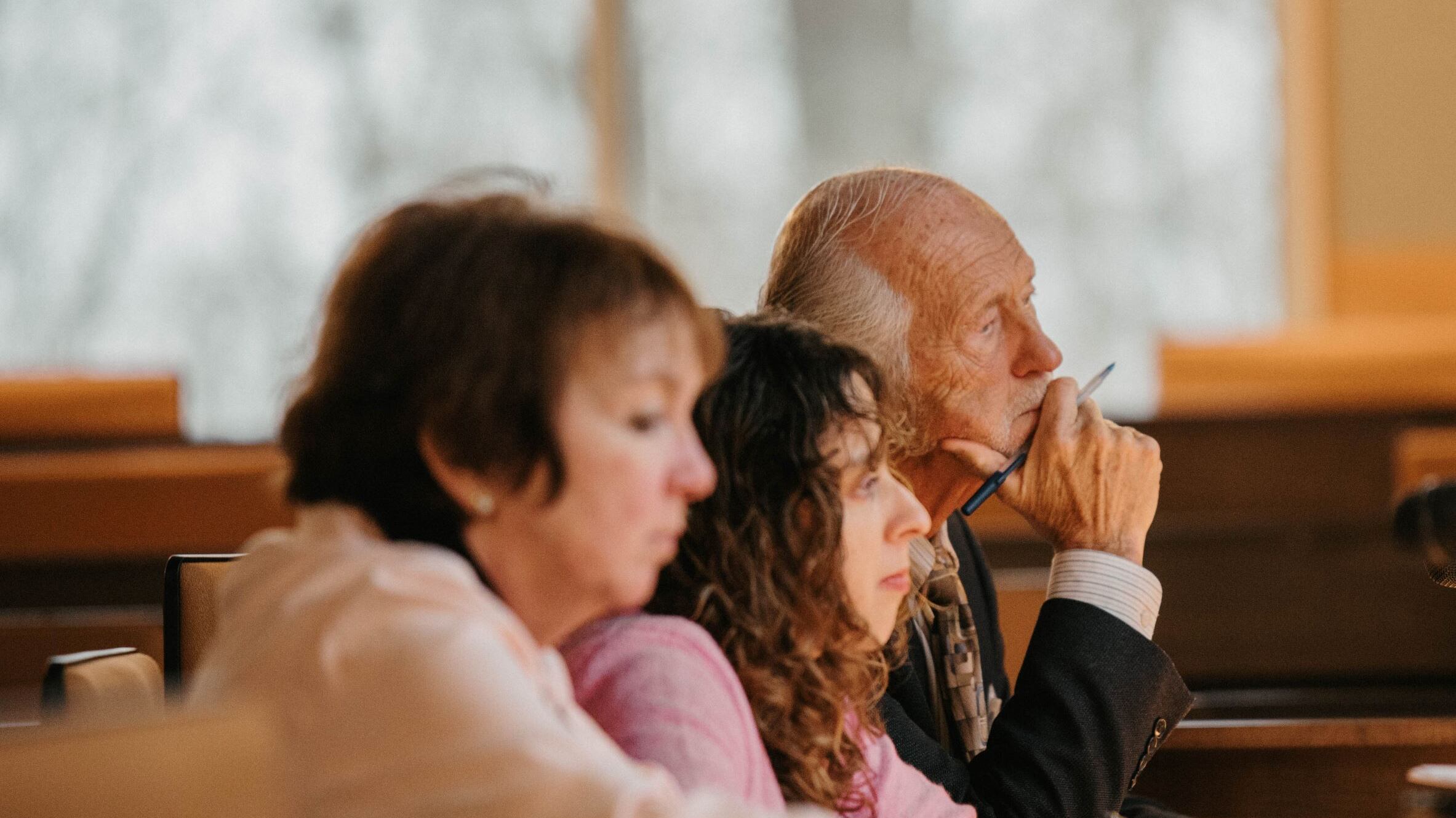If our city resembles a ginormous quad for fifth-year seniors of all ages, big-time college sporting events have been conspicuously lacking. We’re unlikely to host the Final Four or College Football Playoff any time soon, but at least one national intercollegiate championship looked beyond the gray skies, doughy theorists and massing vagrants.
The Association for Practical and Professional Ethics, organizers behind the 27th annual Ethics Bowl to be held March 4-5 in Portland, evidently thought these were selling points.
“We’re always looking for a fun city our members would want to visit,” APPE executive director Kristen Fuhs Wells tells WW. “We hadn’t been to the West Coast for a while. And, also, we could tie local homelessness into the conference’s human rights theme. When we travel to cities, we try to tie in some of the ethical issues happening there, so the unhoused population was obviously something we considered.”
For the uninitiated, the Ethics Bowl’s origins date back to 1993 exercises organized by Illinois Institute of Technology professor Dr. Robert Ladenson, promoting reasoned deliberation of ethical standards applied to practical concerns. The strictly intramural contest soon gave way to a Chicagoland tournament that expanded over time to the current field of more than 200 schools attending 12 regional tourneys with 36 entrants advancing to the Portland Marriott stage.
As for the matches themselves, teams are read a question pertaining to one of several preselected issues ripped from the headlines. Each squad then structures a best take, their opponent offers additional commentary, the first team responds, and judges render their thoughts. “It’s structured like a debate,” Wells explains, “but students are trying to understand different perspectives rather than zing each other. The format actually dissuades participants from hammering their point home.”
According to Wells, upcoming battleground case studies include “something on forced retirement, one about racial biases in reality TV, alcohol sales during the last World Cup, and tattoo copyright infringement—Kat Von D, I think, based a tattoo design on another artist’s arm, so who really owns that? There’s no right or wrong. These really are the gray areas.”
Oregon fans, alas, are out of luck for home favorites. Spokane’s Whitworth University and Seattle University are the nearest finalists this year. We happen to be in an especially strong region, Wells says, though a peculiarity of the rules allows each school to choose where they compete.
“We very rarely see anyone going far out of their region to try and make it in. Remember, this is an ethical competition,” she laughs. “It’s not like we’re packing the stadiums!”
